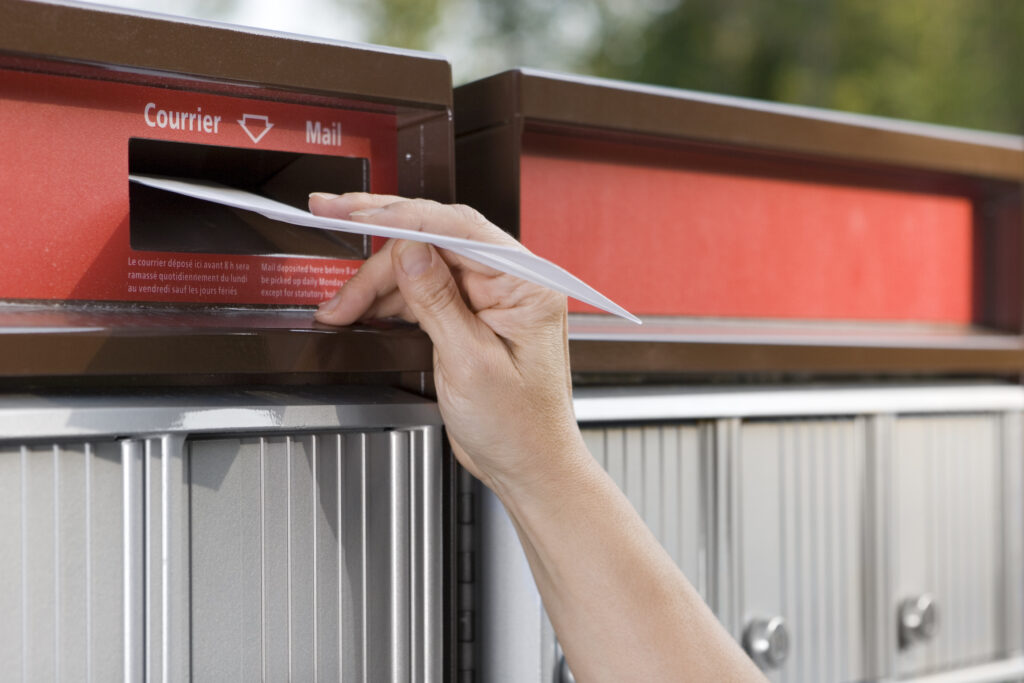Like everything to do with taxes, there is no blanket rule for how HST is applied to residential rental properties.
In general, HST is only applied to the first-time sale of a new residential dwelling, with exemptions. However, if the property is used to generate income, the rules change. While the following article outlines some of the idiosyncrasies of HST, we always suggest speaking to your accountant before making any decisions regarding the sale of your property.
To understand how it works, you must know if your rental property is considered a long-term or short-term rental. A short-term rental is defined as a dwelling that is rented out for less than a set number of consecutive days. The number of days is determined by the province or the local municipality and can range from 28 to 90 days. Properties that are rented out for longer than this or on a rolling basis are considered long-term rentals. It is important to understand your local regulations when renting out all or part of your property.
If your property is a short-term rental: HST applies if you surpass the earning threshold of $30,000 of gross income. Your rental, just like that of a hotel, is subject to HST. You must charge the occupant HST on their invoice and you must file a GST62 form, officially known as the “Goods and Services Tax (GST)/Harmonized Sales Tax (HST) Return (Non-Personalized)
- If you use a digital platform to facilitate bookings and take payment for your rental property, you will need to read the terms and conditions and notify them if you are registered for HST so that HST is not being claimed twice on your booking. For those who are below the $30,000 threshold, HST is still added to the bookers invoice, however the digital platform is processing and reporting on those funds.
If your property is a long-term rental: You are exempt from charging HST.
HST and Selling a Rental Property
While the requirement to charge HST on your rental property is clear cut, the application of HST at the point of selling a rental property is a lot muddier.
If your property has only been used as a long-term rental property, HST is not applied when the property is sold, however Capital Gains tax may be applicable.
If your property has only been used for Short-term rentals or was part of a rental pool, HST must be applied at the time of sale.
If your property has been used as both a long-term and short-term rental and is a short-term rental at the time of sale, HST may need to be applied depending on how the CRA views your property. This distinction is important as many people convert long-term rentals into short-term rentals to offer more flexibility to a potential buyer. The trigger of a change in use is critically important to how the government views your property in regard to HST.
- While there is no official sale that takes place, a change of use is effectively a sale of your own property, to yourself. As such, you must make sure to have an official valuation or appraisal to determine the fair market value of your property at the time you initiate a change of use, as you may be liable to pay capital gain on the change in property value.
If your property was used for short term rental, and you convert it into your personal residence, HST may be applied, and you will need to self-assess and pay what is due. Capital gains in this change of use scenario are applicable, but differed until the date you sell the property.
In some situations, you may decide to file election S.45(3) and self-assess the amount of HST you need to pay on the deemed deposition. This election will allow you to deem this property as your primary residence for the 4 years prior to selling the property. This election must be filed 90 days after the CRA asks you to make the election, OR, the date you are required to file your income tax and benefit return for the year in which you actually sell the property. Election 45(3) cannot be filed if CCA (Capital Cost Allowance) has been claimed on previous tax returns that include this property. We suggest speaking to your accountant to see if this is applicable to your situation.
Please note, based on historical cases, The CRA will only accept a to determine Fair Market Value (FMV) at the time of any change of use. This is why understanding the Fair Market value at the point of triggering a change of use is so important.




